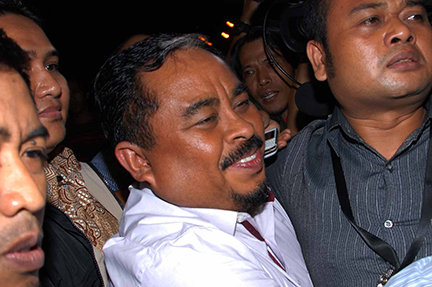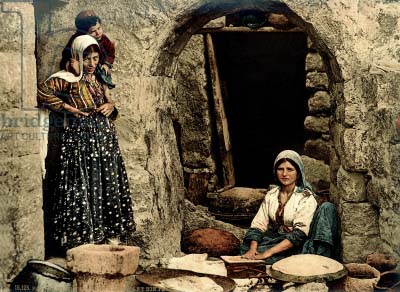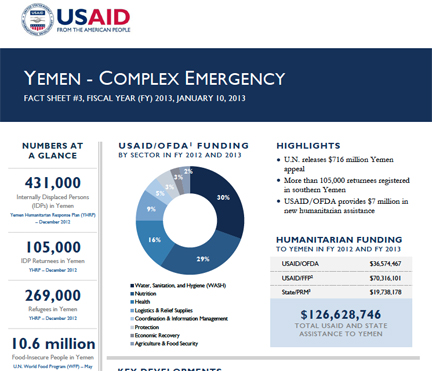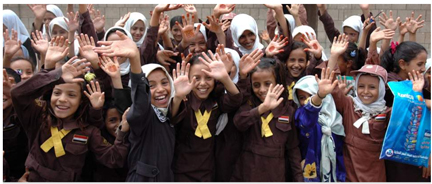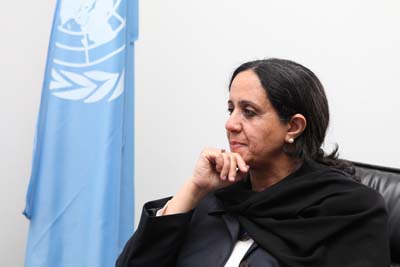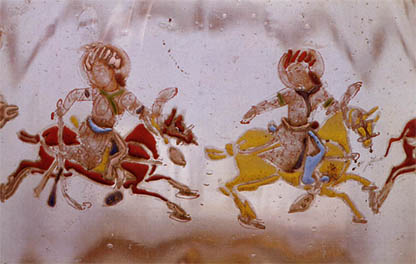
Rasulid polo players, ca. 1260-1270; Museum für Islamische Kunst, Berlin
This week I am participating in a conference in Vienna and will deliver a paper on Rasulid bureaucracy. Details on the conference are noted below. Anyone in or near Vienna is welcome to attend.
In addressing the theme of ‘Land and Power’ we wish to examine the power base of office-holding élites in pre-modern societies. As a tool of analysis we frame our questions in Weberian terms, distinguishing between exercise of power in a bureaucratic mode (ex officio) and power based on economic wealth and privilege in a patrimonial setting, with office being conferred as a consequence. Our focus will be on the interplay between economic power and bureaucratic rationality. In most pre-industrial societies, power and wealth was based on landownership and the control of food production: landownership as the basis of power of an office-holding élite is a recurring phenomenon in ancient states. We also seek to question whether such élites (especially in the periphery) were a force for cohesion or disruption from the point of view of the state, and to investigate the means by which the state sought to integrate and control office-holding élites, e.g. by the use of parallel and/or overlapping chains of command, or by co-optation through court offices and privileges.
Programme (provisional)
Wednesday, 20 February 2013
9–9.30 a.m. Welcome address by Jursa, Michael and Palme, Bernhard (Vienna)
Section 1: Elite Formation
Chair: Jursa, Michael
9.30–10 a.m. Garfinkle, Steven J. (Washington): Landownership and Office-Holding: Pathways to Privilege and Authority under the Third Dynasty of Ur
10–10.30 a.m. Kaiser, Anna (Vienna): Flavius Athanasius, dux et Augustalis Thebaidis
10.30–11 a.m. coffee break
11–11.30 a.m. Scheuble-Reiter, Sandra (Chemnitz): Military Service and the Allotment of Land in Ptolemaic Egypt
11.30–12 a.m. Paulus, Susanne (Münster): The System of Landownership in the Middle Babylonian Time (1500–1000 BC) Continue reading Vienna Conference
